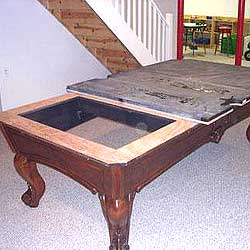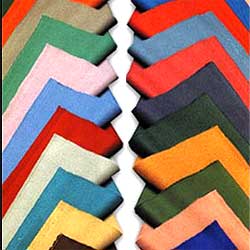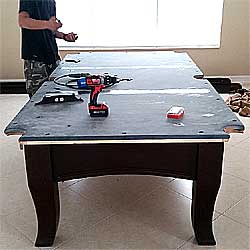Call us; 1-508-254-5671
Bristol, CT
Pool Table Billiard Movers and Repair
With 30 years of pool table best practices. Bristol, Connecticut
What are the options for professional repair, re-felt, re-level of my pool billiard table? Is there a reputable billiard pool table moving service for my pool table move?
Getting pool table moved safely.
I purchased a billiard table through the web, and it will be installed and moved by who? Corner Pocket Pool Table Services, Your safest, best choice. In Bristol, CT, Massachusetts MA, New Hampshire NH, Vermont VT, Rhode Island RI, Pool billiard table work.
Pool cloth replacement and movers, fixing and relocating pool tables in Bristol, Connecticut neighborhoods for above thirty years. We have been moving and repairing pool tables of all styles and brands.
Corner Pocket Pool Table Service is run entirely by family, and covering Bristol, Connecticut. Billiard and pool table movers and service experts.
Re-felt and tuning service for your billiard table, or transport your table from Bristol to anywhere within new england.
Five star ratings and reviews, Bristol, Connecticut.
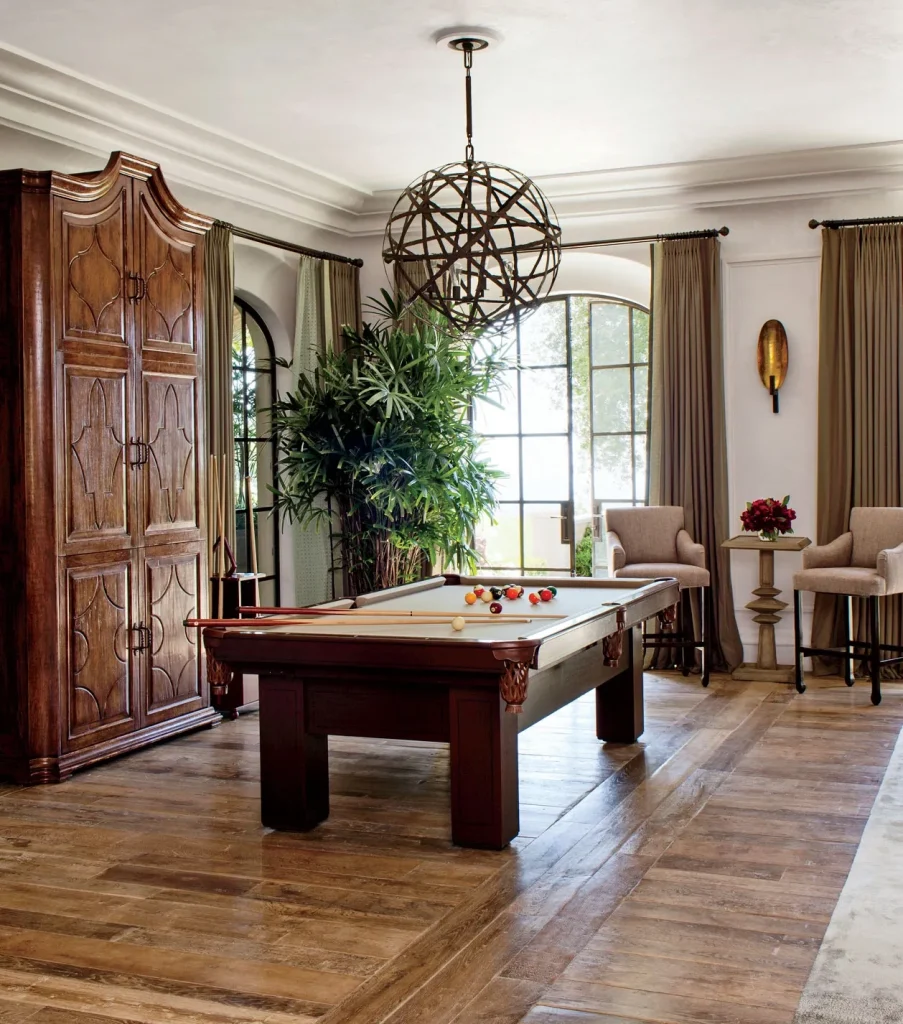
Bristol, CT Local Pool Table Movers
Bristol, CT Local Billiard Table Movers
Move a pool table from Bristol, CT
Move a pool table to Bristol, CT
Companies that move Pool Tables
Bristol, CT Re-Felting Pool Tables
Bristol, CT Pool Table Repairs
Bristol, CT Pool Table Refelting
Bristol, CT Refelting A Pool Table
Bristol, CT Pool Table Mover
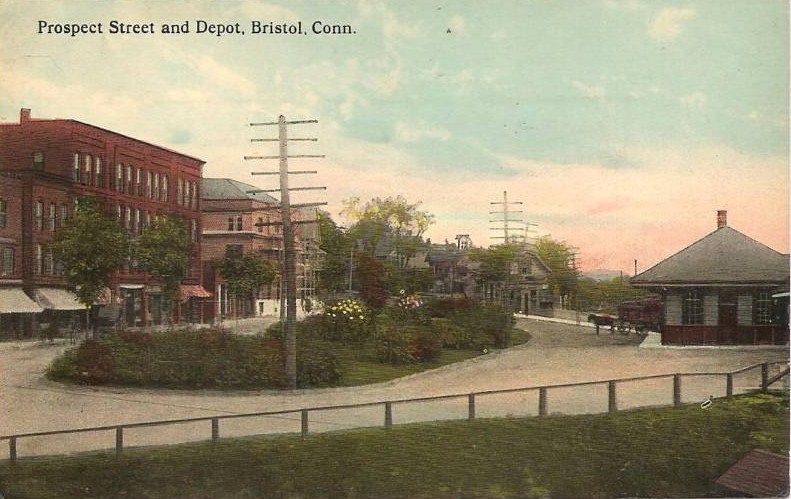
Bristol is a suburban city located in Hartford County, Connecticut, United States, 20 miles (32 km) southwest-west of Hartford. The city is also 120 miles southwest from Boston, and approximately 100 miles northeast of New York City. As of the 2020 census, the population of the city was 60,833.
Bristol is the location of the general studios of ESPN, and the location of Lake Compounce, the United States’s oldest continuously operating theme park. Bristol was known as a clock-making city in the 19th century, and is the location of American Clock & Watch Museum. Bristol is the site of the former American Silver Company and its predecessor companies.
Bristol’s nickname is the “Mum City”, because it was once a leader in chrysanthemum production and still holds an annual Bristol Mum Festival.
The area that includes present-day Bristol was originally inhabited by the Tunxis Native American tribe, one of the Eastern Algonquian-speaking peoples that shared the lower Connecticut River Valley.
Originally, Bristol was within the boundaries of Farmington, Connecticut, which was incorporated in 1645. This deed was confirmed by another deed in 1650. The first actual settler of Bristol was Daniel Brownson, who built a house near West Street, but did not stay in the area very long. The first permanent settler was Ebenezer Barnes, who the next year built a home on King Street. Also in 1728, Nehemiah Manross arrived from Lebanon, and built a house north of Barnes Street, on the west side of King Street. The following year the first settlement arrived in what is now known as East Bristol when Nathaniel Messenger of Hartford and Benjamin Buck of Southington bought land and built houses along King Street.
Other houses were soon built around present-day Bristol wherever land was available for farming. This included the slope of Fall Mountain, now called Wolcott Street, and on Chippens Hill. By 1742, the families inhabiting the area petitioned the Connecticut Colony General Court for permission to create their own Congregational Society, citing the difficulties traveling to Farmington during winter. The Court approved their petition for the winter months only, and in 1744, agreed that area residents could set up through own ecclesiastical society. It was called New Cambridge. With their own congregation, area settlers began forming their own local government. However, since homes were so widely scattered, the General Court formed a committee to locate the geographic center of the settlement. The area now known as Federal Hill was deemed the center, and the first Congregationalist church was built there.
In 1785, New Cambridge was incorporated as the town of Bristol, named after Bristol, England. By 1790, the industry for which the town later became famous was established by the pioneer of clock making Gideon Roberts. Roberts began making wooden moment clocks and peddled them by horseback through Connecticut, New York and Pennsylvania. As Roberts’ sons grew up and began helping with the business, Gideon increased production and Bristol clocks were soon sold all over the country. By the early 19th century, nearly all of the capital and skill in town was involved in the clock industry in some form or fashion. The clock business gave way to related industries, which included brass, springs, bearings, and hardware. As Bristol began to grow, many ethnic groups arrived to work in the industries.
Diverse Tables
From basic models, to less common; custom, hand-made tables and everything in the middle. We’ve seen a great many them. Not to say that we have really seen each model of table that there is… The standards are much the same starting with one then onto the next. Occasionally we see a new technique. We love to learn these, and it is always enjoyable to have a finished product you will love!Distinctive Houses
From Landmark houses in Bristol, to delightful little homes, we’ve placed tables in every one of them.
Also, we treat every house like our own. We anticipate giving you the best working pool table you’ve ever played on.